Top Firms for Career-Minded Professionals in Singapore
In the fast-paced world of investment banking in Singapore, choosing the right firm will accelerate your career trajectory. Singapore’s strategic position as ASEAN’s financial gateway attracts both global giants and regional leaders. This section highlights the top firms shaping the future of the industry.
Global Powerhouses in Singapore
Singapore serves as a critical hub for the world’s most influential investment banks. These firms offer not only prestige and global reach but also access to Southeast Asia’s most dynamic markets. Let’s explore the leading players defining the landscape in 2025.
Goldman Sachs
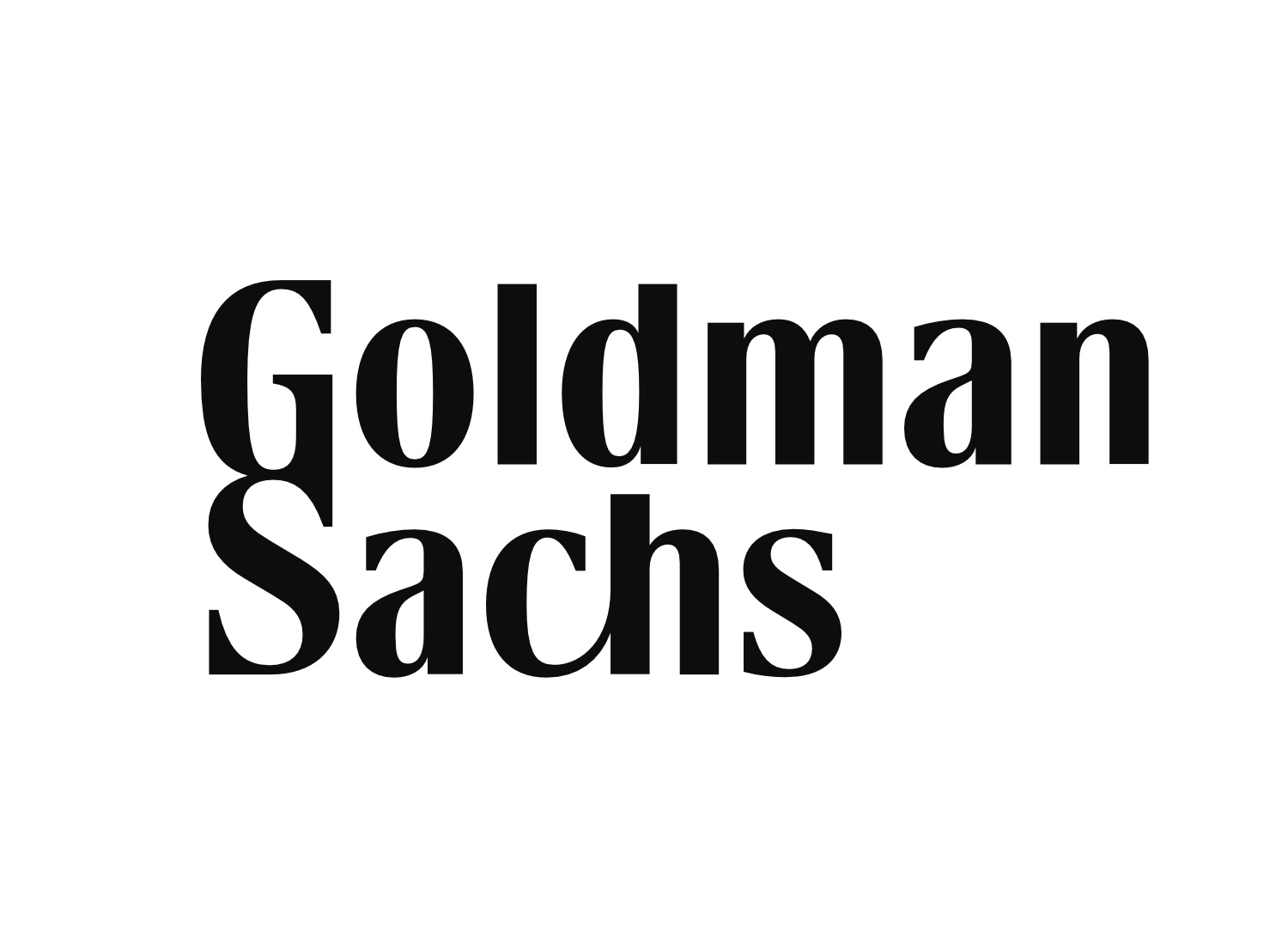
Goldman Sachs maintains its position as Asia's premier investment bank through its Singapore hub. The firm’s apprenticeship culture helps junior bankers get hands-on training through its analyst academy. They also gain direct experience with major deals, such as advising Temasek on strategic investments.
Goldman's Singapore office spans various sectors, including Indonesian commodities and regional fintech. Analysts enjoy global mobility after two years. Entry-level pay is between SGD 130,000 and 150,000. In strong deal years, bonuses can go above the base salary.
👉 Goldman Sachs Interview Guide
J.P. Morgan

J.P. Morgan operates one of Asia's largest investment banking platforms from its Singapore corporate center. This is their command center ASEAN. The bank is strong because it covers many industries, from traditional finance to new tech. It has more than 4,000 local employees to support this.
JPM's analyst program offers rotations in Hong Kong or New York. This gives you unique global exposure. The firm consistently ranks first in Asia-Pacific fee revenue, reflecting deep M&A and capital markets expertise.
👉 J.P. Morgan Interview Guide
Morgan Stanley

Morgan Stanley differentiates itself through an ideas-driven culture that values diverse perspectives in problem-solving. Its Singapore team leverages the firm's global research capabilities to win mandates, particularly in technology and consumer sectors. MS promotes a collegial atmosphere compared to peers, emphasizing work quality over face time. The firm's commitment to diversity shows through targeted recruitment and robust development policies.
👉 Morgan Stanley Interview Guide
Citi
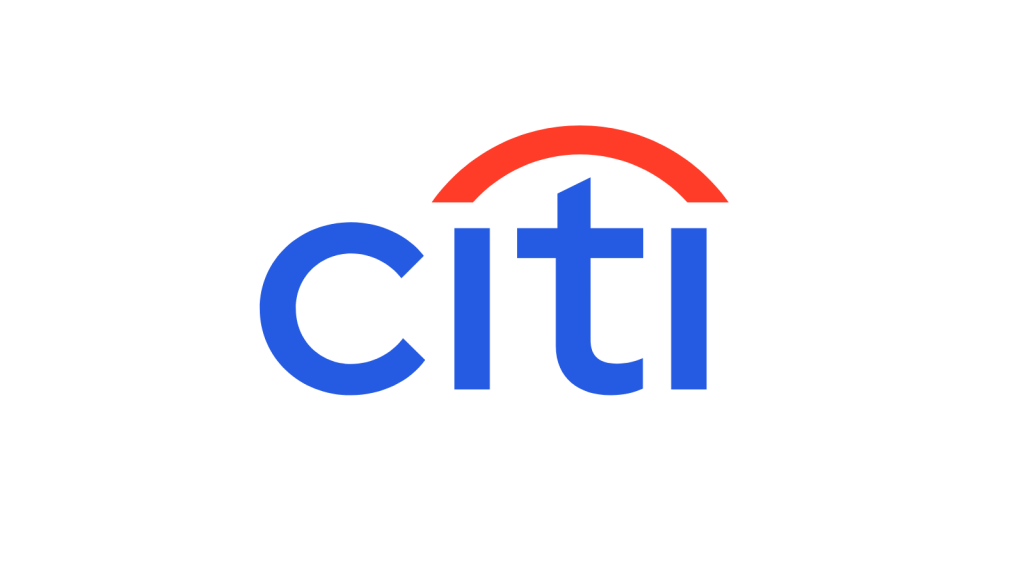
Citi uses its regional hub status to lead cross-border financing, especially for multinational firms growing in ASEAN. The bank's strength in treasury services boosts its investment banking. This builds strong, lasting client relationships. Citi analysts take on early responsibility. They often present to C-suite executives in their first year. The firm's spending on digital banking tech prepares it for fintech advice.
👉 Citi Interview Guide
Bank of America

Bank of America offers a better work-life balance with protected weekends and required vacation time. BofA's office in Singapore stands out in debt underwriting and leveraged finance. It takes advantage of ASEAN's need for infrastructure financing. The global rotation program allows high performers to spend 6 to 12 months in other offices. Analysts praise the comprehensive training program covering both technical and soft skills development.
👉 Bank of America Interview Guide
UBS
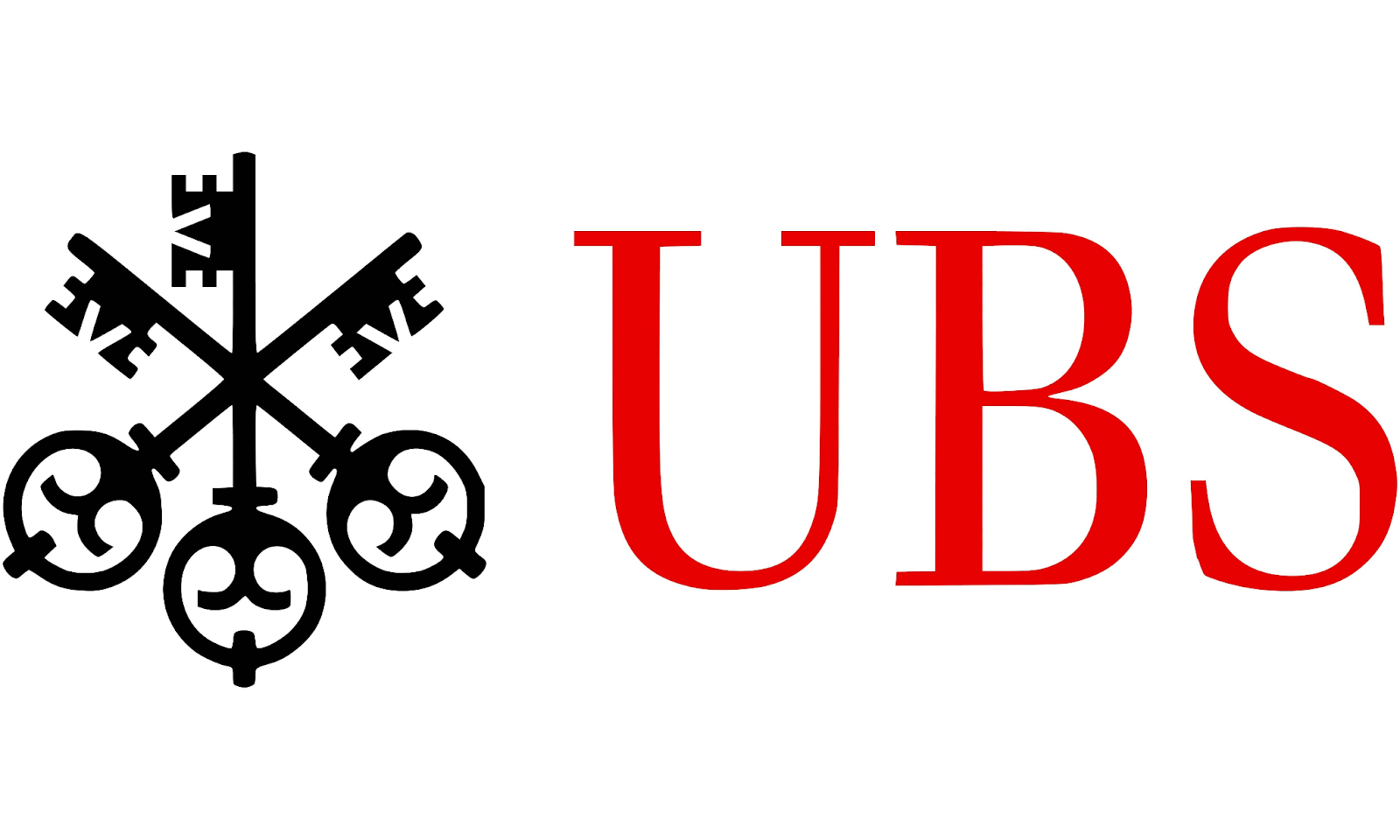
After merging with Credit Suisse, UBS now runs the biggest wealth management franchise in Asia. This merger opens up unique chances for investment bankers to work with ultra-high-net-worth clients. The combined entity offers full-service capabilities and has a strong history in Southeast Asia M&A advisory. UBS maintains rigorous two-year analyst programs with extensive classroom training and formal academies.
👉 UBS Interview Guide
Barclays
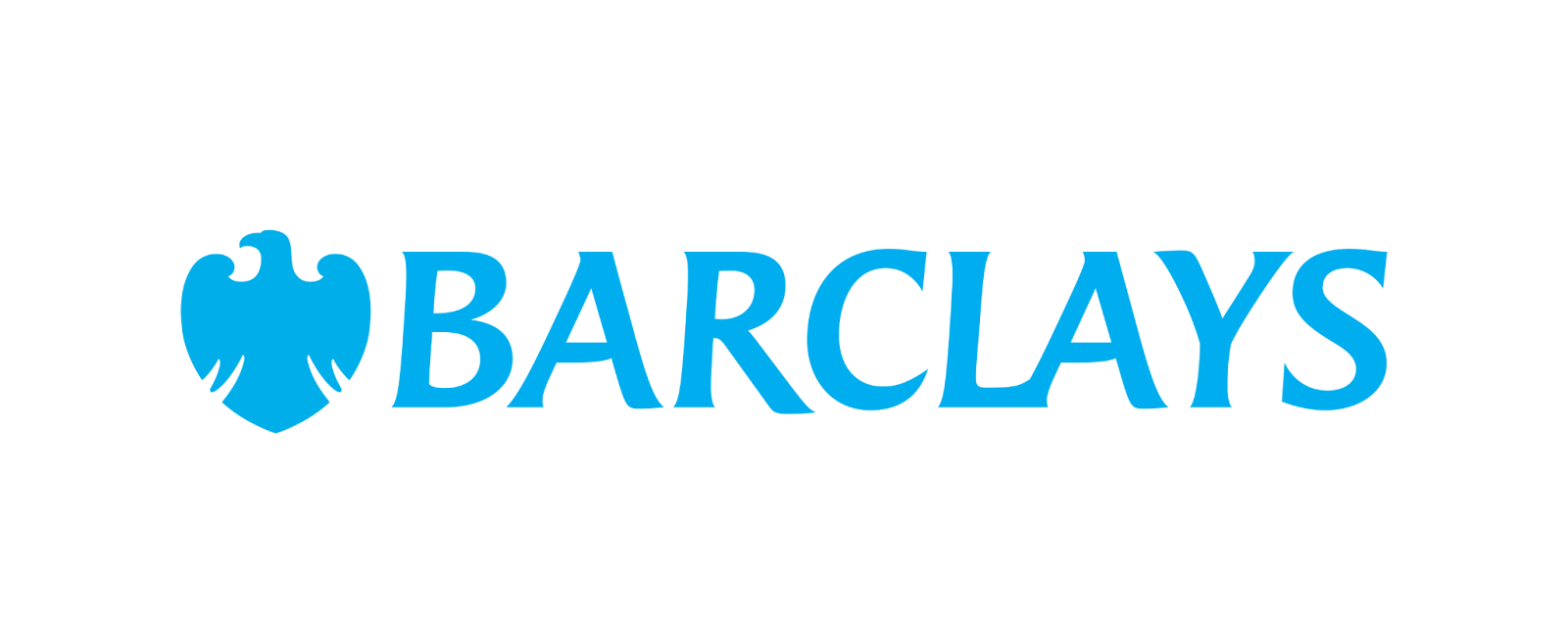
Barclays brings specialized strength in fixed-income and derivatives trading, rounding out the bulge bracket landscape with a strong market presence. The bank places a clear focus on innovation through fintech partnerships and digital platform development. For ambitious candidates, Barclays offers well-defined career paths and fast-track promotion opportunities.
👉 Barclays Interview Guide
Deutsche Bank
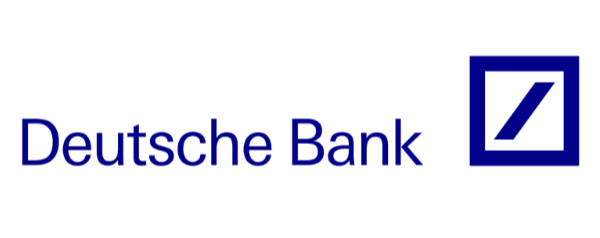
Deutsche Bank stands out in debt capital markets and structured products, making it a key player in the bulge bracket group. The firm actively invests in digital transformation and collaborates with fintech to stay at the forefront of financial innovation. High performers can expect clear career progression and accelerated growth opportunities.
👉 Deutsche Bank Interview Guide
Elite Boutiques in Singapore
While global banks dominate headlines, elite boutique investment firms have established a strong presence in Singapore’s financial landscape. These firms are known for their smaller teams, close-knit culture, and high levels of responsibility from day one, making them attractive to professionals seeking hands-on experience and rapid development. Here’s a look at the boutiques setting the benchmark in 2025.
Evercore

Evercore has aggressively expanded in Singapore, aiming to attract senior bankers for its Southeast Asian franchise. The firm's lean structure lets analysts work directly with managing directors. They collaborate on billion-dollar cross-border M&A deals. Evercore's advisory model avoids conflicts from trading or lending. This approach draws in clients who want independent advice. Analysts take charge of models and join negotiations right from the start.
👉 Evercore Interview Guide
Rothschild

Rothschild have a long history of advising in Asian markets. They excel in mid-market deals and family-owned business sales. The Singapore team handles complex situations requiring discretion and relationship management. Junior bankers receive exceptional training in valuation methodologies and negotiation tactics. The tight-knit team atmosphere fosters mentorship, with managing directors actively developing analyst skills.
Singapore-Headquartered Champions
In addition to international players, local banks also play a central role in Singapore’s investment banking landscape. For those aiming to build a long-term career in the ASEAN regio, and who value stability, cultural proximity, and hands-on development, these institutions offer compelling alternatives to global investment banks. This section highlights the strengths of the three leading firms.
DBS

DBS earned "World's Best Bank" recognition through digital innovation and consistent profitability. As Asia's largest bank by assets, DBS offers unparalleled ASEAN deal flow, particularly in Singapore and Indonesia. The investment banking division benefits from commercial banking relationships, providing warm introductions to corporate clients.
DBS's two-year graduate program features rotations across divisions. Employees describe the culture as "joyful" and collaborative. Starting compensation around SGD 85,000–100,000 reflects local market standards.
UOB
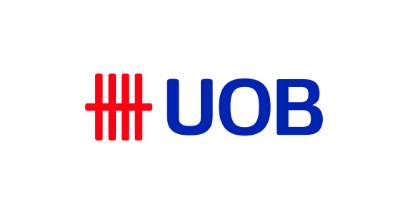
UOB focuses on ASEAN SMEs and regional infrastructure deals, carving a profitable niche often overlooked by global banks. The bank’s "purpose and balance" philosophy means sustainable hours and a focus on employee growth. UOB's graduate program offers chances for secondments to Malaysia or Greater China. Consistent profits mean stable bonuses and career growth.
OCBC
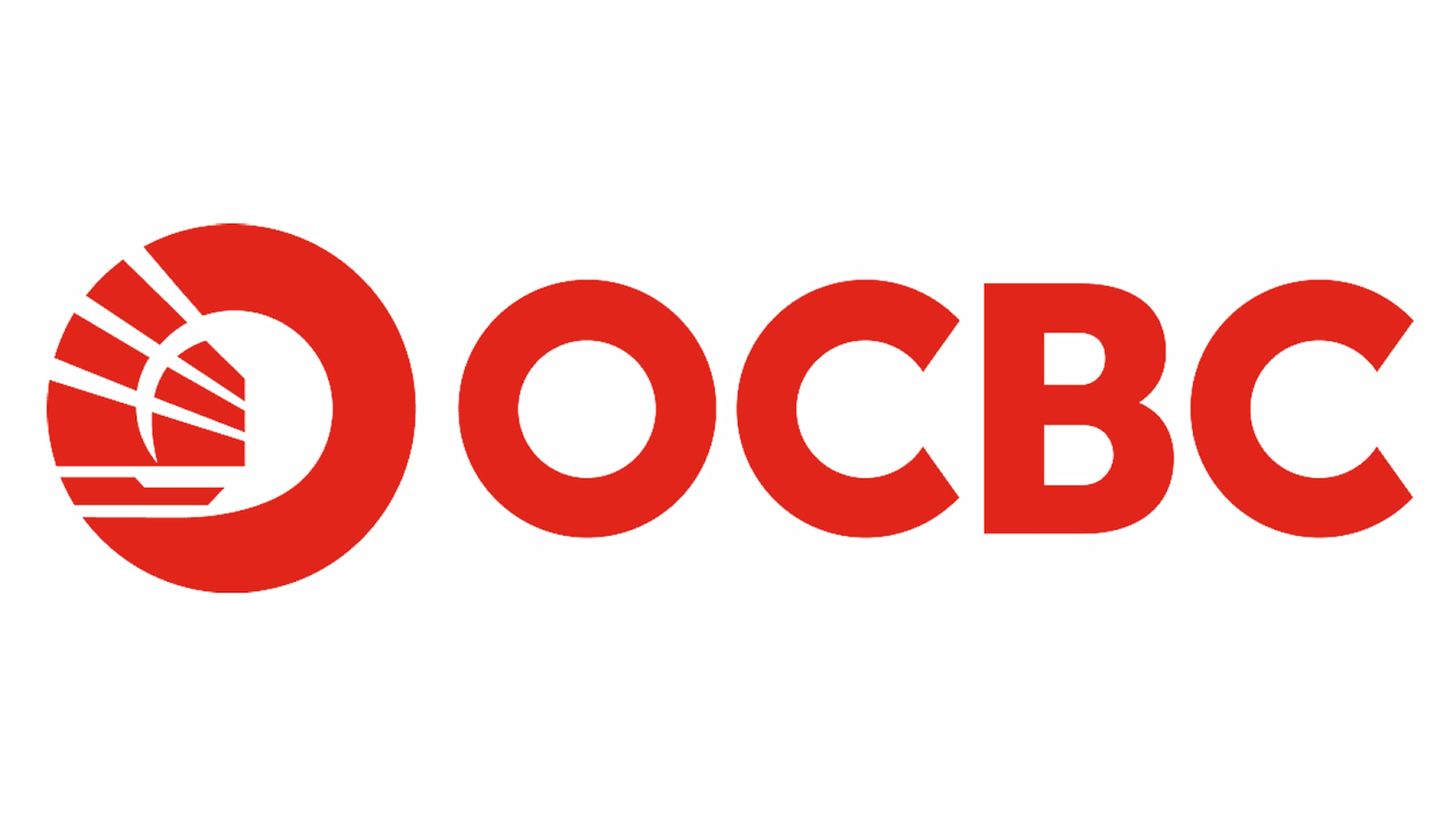
OCBC has a strong reputation for detail and excellent client relationships, especially in real estate and healthcare. The investment banking division gains from OCBC's private banking strength. It taps into deal flow from high-net-worth business owners. Cross-training opportunities across corporate banking and risk management create well-rounded professionals. The supportive culture is ideal for graduates who value learning more than high pay right away.
Together, these institutions deliver blue-chip deal flow and rigorous training. Global banks offer compensation starting around SGD 110,000 to 150,000 for analysts, with bonuses often matching base pay. Visa sponsorship often helps exceptional foreign graduates, but companies prefer local talent.















